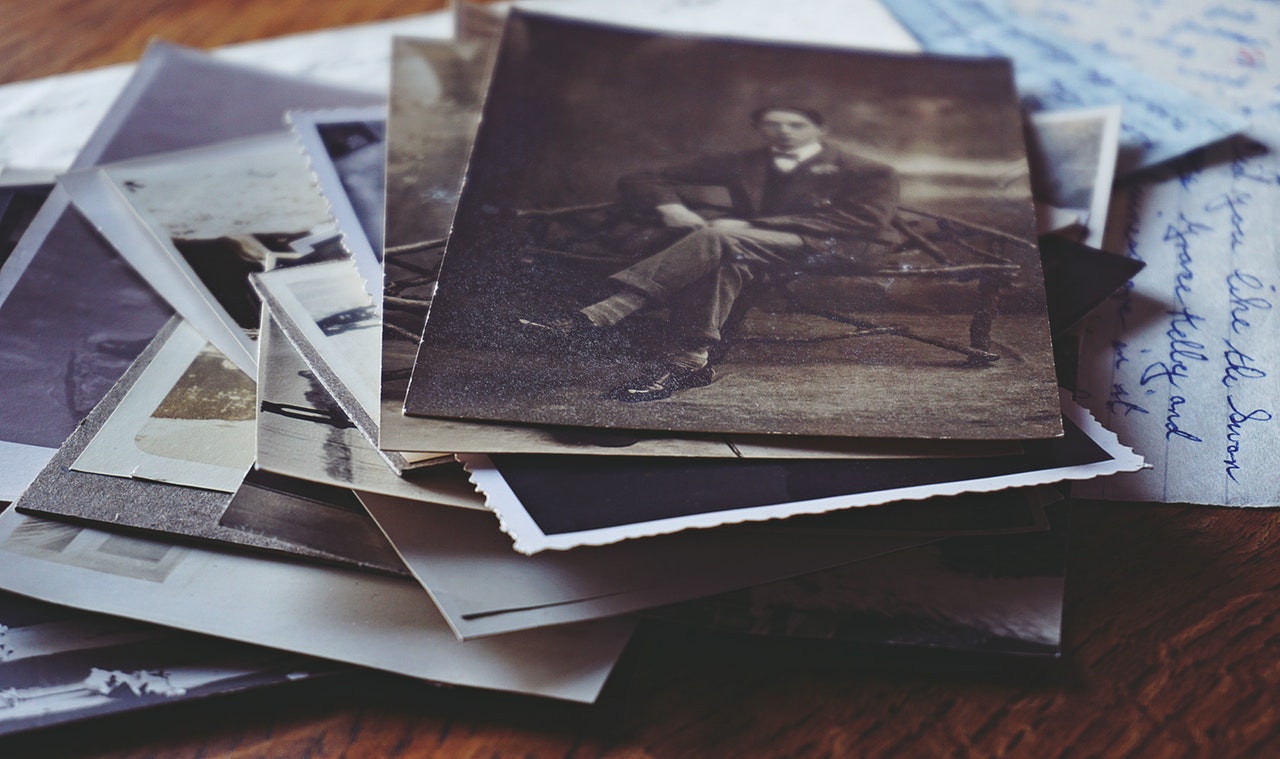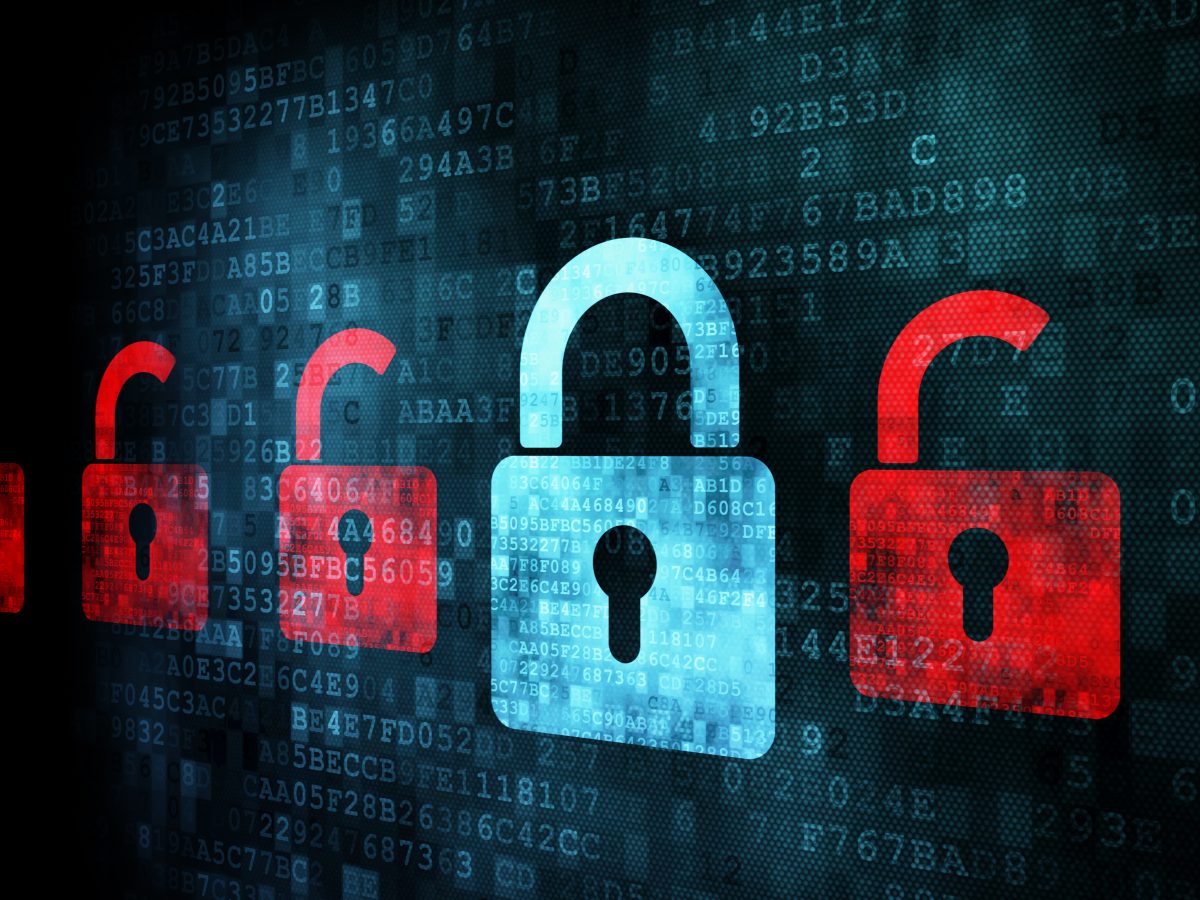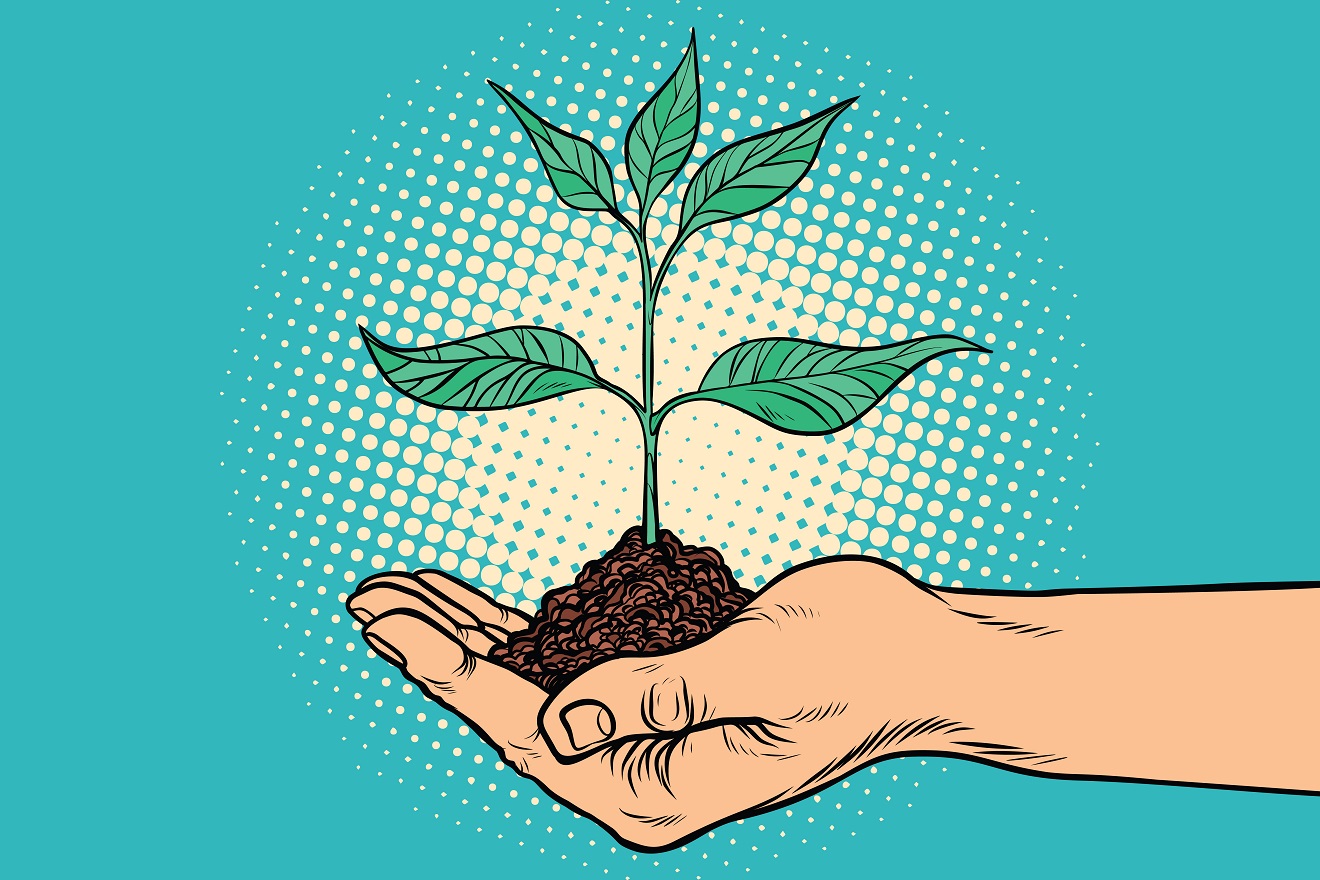 Ștefan Neagu
Ștefan Neagu
Co-founder of Persona
What if everything we wanted to know about our family and your history existed in one secure location?
Future generations wouldn’t have to worry about forgetting valuable family memories, and you would be able to refer back to important documents for referencing and information.
Certainly, with the advent of self-testing DNA kits, there are many ways to learn about your past. But sending a swab of saliva in the mail to anyone, let alone someone you don’t know, is intrusive and a security risk.
Do you really want random companies out there having records of your DNA and family histories? Even non-DNA based family tree websites rely on data inputs by users, and the more data you add in search of your own relatives, the more data you give the platform for their own use and profit.
Blockchain promises unique possibilities for securely preserving and passing on vital personal information to future generations, from health data to marriage certificates to photos. Transitioning our record keeping to blockchain is a big step toward taking control of our own data while simultaneously immortalizing it.
Lost in Conversion

Until now, every form of record-keeping has had serious flaws.
Physical documents can be lost, stolen, damaged, or destroyed. From the Library of Alexandria to a slew of lost film reels that will never be viewed again, storing data physically has historically been problematic, to say the least.
Fire, floods, rot, fading in the sun… you name it. Physical documents are extremely vulnerable to the elements, require expensive care to preserve, and if lost or stolen, may never be relocated.
Digital documents have also been functionally lost as technology changes; it’s very difficult to retrieve information off of floppy disks or microfiche or 8-tracks, even if they seemed like eternal solutions at the time they were created.
If you had valuable information stored on an old IBM word processor, it would take a good amount of effort to locate a service who might be able to recover the data for you. CDs and DVDs are not forever, and access to their contents will also become more and more difficult as fewer devices possess these drives as we move to digital.
Even online information can be lost forever if an account is compromised, a service ends or fades away, or in the case of a hack.
How many neopets will remain forever unfed because their passwords were long forgotten? How many AngelFire fan pages lie in ruin? How many embarrassing LiveJournal posts will publicly live forever on Wayback Machine, unreachable and uneditable by their creators?
Blockchain, on the other hand, is immutable and incorruptible, and future-proof in that it is not owned by a central agent, so it can’t be arbitrarily shut down or confiscated.
Blockchain merely requires a dapp browser to access, and it’s not dependent on any hardware that might go out of style like a laserdisc player.
More Than a Time Capsule
There are obvious personal and recreational reasons a family blockchain would be amazing; being able to access family photos, records, journals, or testimonials forever, with no risk of loss, is a dream for any history buff.
Think of how easy your grandkids’ family tree school reports will be!
But this information is more than just “fun.” Some religions require well-documented marriage records or lineages to approve future marriages, and serious problems can result if this information is lost or tampered with.
The results of DNA tests, adoption records, immigration records, and other items could also be important when considering future health or legal concerns, including custody issues or genetic counseling decisions.
Prospective parents looking for sperm donors could also trust information about the health or background of their selected “father” if it were protected on the blockchain, and blockchain’s trustless nature means that these fathers could also protect their own identifying information.
DNA records are also imperative to retrieve benefits as members of specific groups, like Native Americans, who are frequently denied recognition and rights due to a lack of paperwork proving their “blood quantum,” or the percentage of their heritage that is Native American or from a specific tribe.
To receive rights, in most cases a blood test is not sufficient. Marriage records and birth certificates from decades, even centuries ago, must be procured to prove a high enough “blood quantum” to qualify for tribal membership and governmental benefits.
Blockchain is an ideal secure, incorruptible method of tracking this data and ensuring its preservation for future generations.
Security

All of this information is extremely sensitive, especially health data.
Other data preservation options, such as a shared drive or cloud, pose serious security risks due to phishing or hacking schemes. Remember that any data you have on a Google Drive account, for example, is only as secure as your Gmail in general… which for most people, is not very secure.
Blockchain records can be set to only be visible to holders of certain personal keys and require multi-factor authentication.
Once blockchain is widely accepted, services can even adopt trust-less ID checks, so that items like marriage certificates can be verified without third-parties actually viewing or taking possession of the original documents.
So, unlike the cloud, blockchain actually keeps documents more secure, rather than exposing them to more vulnerabilities.
Blockchain smart contracts can confirm information about a person without revealing that information to the requester. So, for example, if you need to prove you have certain vaccines to enter certain countries, a smart contract could confirm you’ve had them without actually having to share your sensitive medical records with that country.
Oh the Places We’ll Go…
It’s hard to think of a historic item that wouldn’t benefit from some kind of blockchain-based record keeping.
Other applications could include animal breeding/pedigree records, especially for prized animals like rare species of cats. Or species information and DNA analysis records… you never know what creatures of today will be the dinosaurs of tomorrow!
By embracing technology of the future, we can keep a clearer, longer-range view of the past, and preserve our stories for our children, too, while keeping them as private as we wish.
 Ștefan Neagu, Co-founder of Persona
Ștefan Neagu, Co-founder of Persona
Ștefan Neagu is co-founder of Persona, the decentralized solution for identity management. He has extensive experience in the financial sector, having worked for ABN Amro and the Royal Bank of Scotland, where he was part of major projects such as migrating to a new core banking system and implementation of the internet banking application. He now dedicates his time to Persona, but also loves learning about dinosaurs from his six-year-old son.

